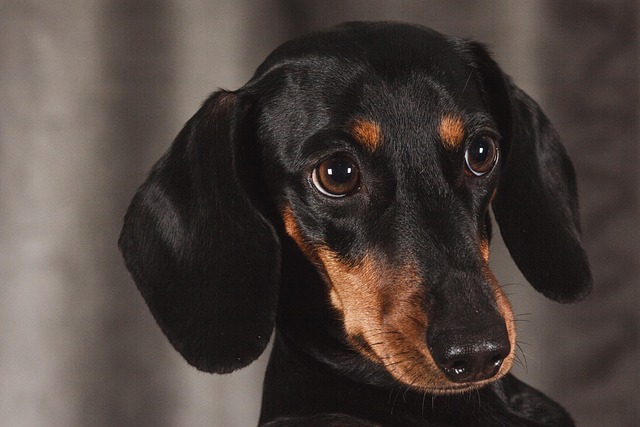
How do i train my dog to be obedient?
Watching your dog dart across the park ignoring your calls isn’t just frustrating—it can put them at risk near busy streets or public spaces.
Most new dachshund owners quickly notice their pup’s stubborn streak—something that can make potty training feel like a slow process. Unlike some breeds that pick up routines fast, dachshunds often stick to their own pace, which means patience is key. Their small size also means they have smaller bladders, so frequent trips outside (first thing in the morning, after meals, and before bed) are non-negotiable to avoid accidents.
It’s not all tough going, though—dachshunds are smart and food-motivated, which works in your favor. Keep tiny, tasty treats handy (think freeze-dried chicken bits) and praise them immediately when they go in the right spot. This positive reinforcement builds a connection between outdoor time and good behavior, which speeds things up. Just avoid scolding for accidents; it can make them scared to go near you, slowing progress even more.

Don’t forget to check local rules—many U.S. cities and European towns have strict laws about pet waste. In places like Portland, Oregon, or Berlin, Germany, failing to clean up after your dachshund can lead to fines up to $500. Some areas also require dogs on leashes in public spaces, even during potty breaks, so keep a lightweight leash nearby to stay compliant.
Consistency is where many owners slip up. Dachshunds thrive on routine, so try to take them to the same spot each time. The familiar smells help trigger their need to go, and it reinforces that “this is where we potty.” If you have a busy schedule, consider a pet sitter or dog walker for midday trips—skipping these can undo days of hard work.
Puppies under 6 months will have more accidents, and even adult dachshunds might struggle if stressed or in a new home. If you’re dealing with repeated issues, check for health problems (like a UTI) first—vets often see dachshunds with bladder issues due to their long spine. Once health is ruled out, double down on the routine and rewards; most dachshunds get the hang of it within 2-3 months.
At the end of the day, dachshunds aren’t the easiest breed to potty train, but they’re far from impossible. Their loyalty and playful personalities make the effort worth it, especially when you see them trotting to the door to let you know they’re ready. Just stay consistent, follow local laws, and celebrate the small wins—before you know it, your dachshund will be a potty-trained pro.

Watching your dog dart across the park ignoring your calls isn’t just frustrating—it can put them at risk near busy streets or public spaces.

New puppy owners often find themselves rushing to clean up accidents before they set in, and that’s where puppy pad training becomes a game-changer.

If you've noticed your dog's waistline disappearing and your veterinarian has mentioned those few extra pounds, your first instinct might be to simply reduce the amount of food in their bowl.

Training a dog to use a designated spot indoors isn’t as daunting as many new owners fear, but it does take consistency and an understanding of your pet’s needs.

That moment of dread on a walk is all too familiar for many new dog owners. You see another dog approaching down the sidewalk of your neighborhood

If the sight of another dog on your neighborhood walk makes your heart sink as your own dog erupts into a frenzy of barking and lunging, you're not alone.